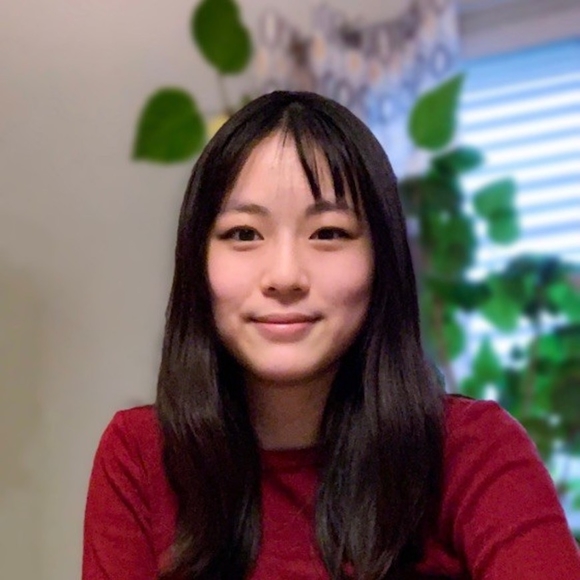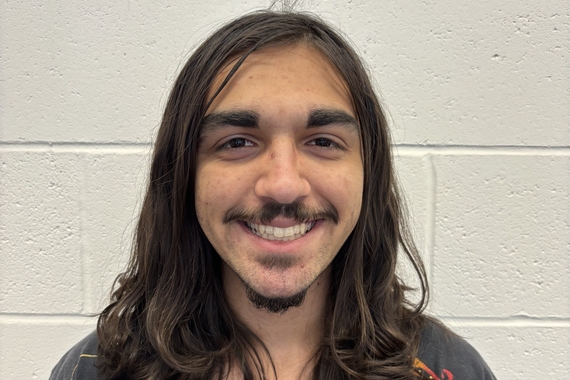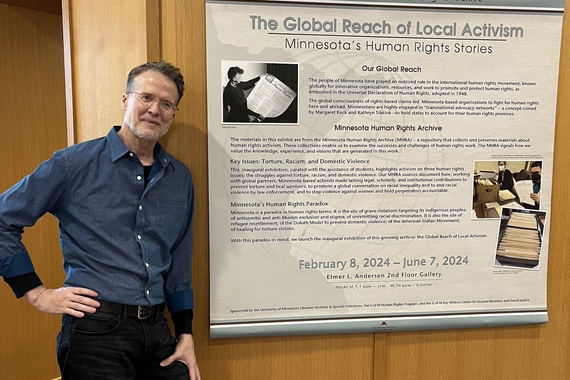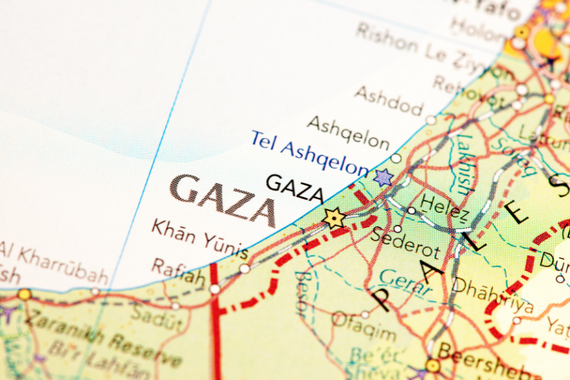HRP’s Don Fraser Fellow Gains Valuable Experience in Human Rights
In 2018, the Human Rights Program established the Don and Arvonne Fraser Fellowships to support summer field experience in human rights organizations for undergraduate students at the University of Minnesota. Named after the late Congressman and Minneapolis mayor Donald Fraser and his wife Arvonne Fraser, the fellowships honor the contributions the two made to human rights in the Twin Cities and beyond.
As former Human Rights Program Director Barbara Frey wrote in 2019, “it was Rep. Don Fraser who truly pioneered the primacy of international human rights in U.S. foreign policy,” with his tireless efforts for State Department reform. And Arvonne Fraser—a trailblazing women’s rights activist in her own right—was a renowned political staffer and advocate who co-founded the Center on Women, Gender and Public Policy at the Humphrey School of Public Affairs and served as US ambassador to the United Nations Commission on the Status of Women from 1993 to 1994.
Each spring, applications are made available for the paid, 10-week positions to all University of Minnesota undergraduates, with recipients announced in late April. This year’s Fraser Fellows, Kathleen Zhang (Don Fraser Fellowship) and Zeinab Mohamud (Arvonne Fraser Fellowship) were placed with the International Justice Program at The Advocates for Human Rights and Global Rights for Women, respectively. Read more about this year’s Arvonne Fraser Fellow here.
The Human Rights Program spoke with Zhang, a rising junior majoring in Political Science and Global Studies, about her experience following the end of her placement in early August. Her responses have been edited for clarity and length.

Human Rights Program (HRP): How did you first learn about the Fraser Fellowships?
Kathleen Zhang (KZ): I first learned about the Don Fraser Fellowship from my instructor for GLOS 3401W and GLOS 3896, Professor Barbara Frey, who worked with Don Fraser to help co-found The Advocates for Human Rights in 1983. It was inspiring to hear her talk about all the work The Advocates has done in the field of human rights, from innovating new litigation strategies to their current work around the world—and it was ultimately the greater understanding of the work done there that she gave me that pushed me to apply.
HRP: What experiences do you have that prepared you to work in a leading human rights organization?
KZ: Most relevantly, I served as a policy advocate Intern at the Center for Victims of Torture through my Global Studies Internship course, GLOS 3896. As one of three members on my team, I helped spearhead the CVT’s expansion into domestic human rights issues like police brutality and incarceration. This role included researching and managing a database of over 135 legislative bills, reaching out to civil society actors to make advocacy connections, and drafting policy briefs to effect change in the community and the legislature.
Through this internship, I was able to gain a deeper understanding of how nonprofit organizations act on the ground and make connections when beginning a new community project.
HRP: Please describe some of the major tasks you completed and how they helped build your skills.
KZ: Most of my work at The Advocates involved helping the International Justice Program create, track, and edit drafts of documents that the organization would be submitting to the United Nations.
This required me to work with news reports, various treaty-based and charter-based reports, and other information such as client testimonials. I synthesized the information into a concise draft and made sure that all citations met professional standards. For example, I recently completed a project on El Salvador’s compliance with the ICESCR that required me to critically analyze documents across treaty bodies and then interview testifiers.
This experience has greatly helped me understand how international submissions are created, the attention to detail required to assemble them, and the different considerations that organizations make before submitting them.
HRP: What advice do you have for students seeking field experience in human rights?
KZ: We at the University of Minnesota are really lucky to have a strong Human Rights Program, with unique opportunities like the Master of Human Rights degree. If you’re interested in human rights, take advantage of all the opportunities offered to you! Your professors, classes, and classmates are a great resource to learn about and get connected in the human rights field, and the Human Rights Program hosts a lot of events where you can familiarize yourself with all the work being done on campus and beyond.
I also encourage students to keep their minds open to the ways all types of work can fit within the broad framework of human rights. Human rights as a field is ultimately highly interconnected and interdisciplinary with other fields. Even if working in an NGO isn’t for you, you may just as well find your human rights experience serving as a journalist documenting violations of the free press, or as a nurse working against discrimination in the clinical field.


